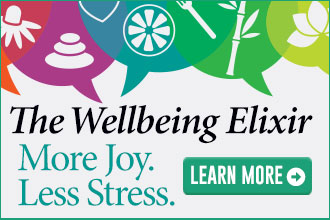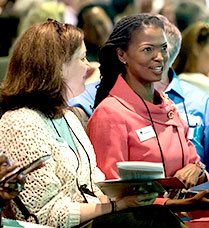What’s the Story on Learning Styles?
We have this tendency in higher education to throw babies out with bath water. It derives from dualistic thinking. Either something is right or wrong, it’s in or out, up or down. As mature thinkers, we disavow these dichotomous perspectives, but then






